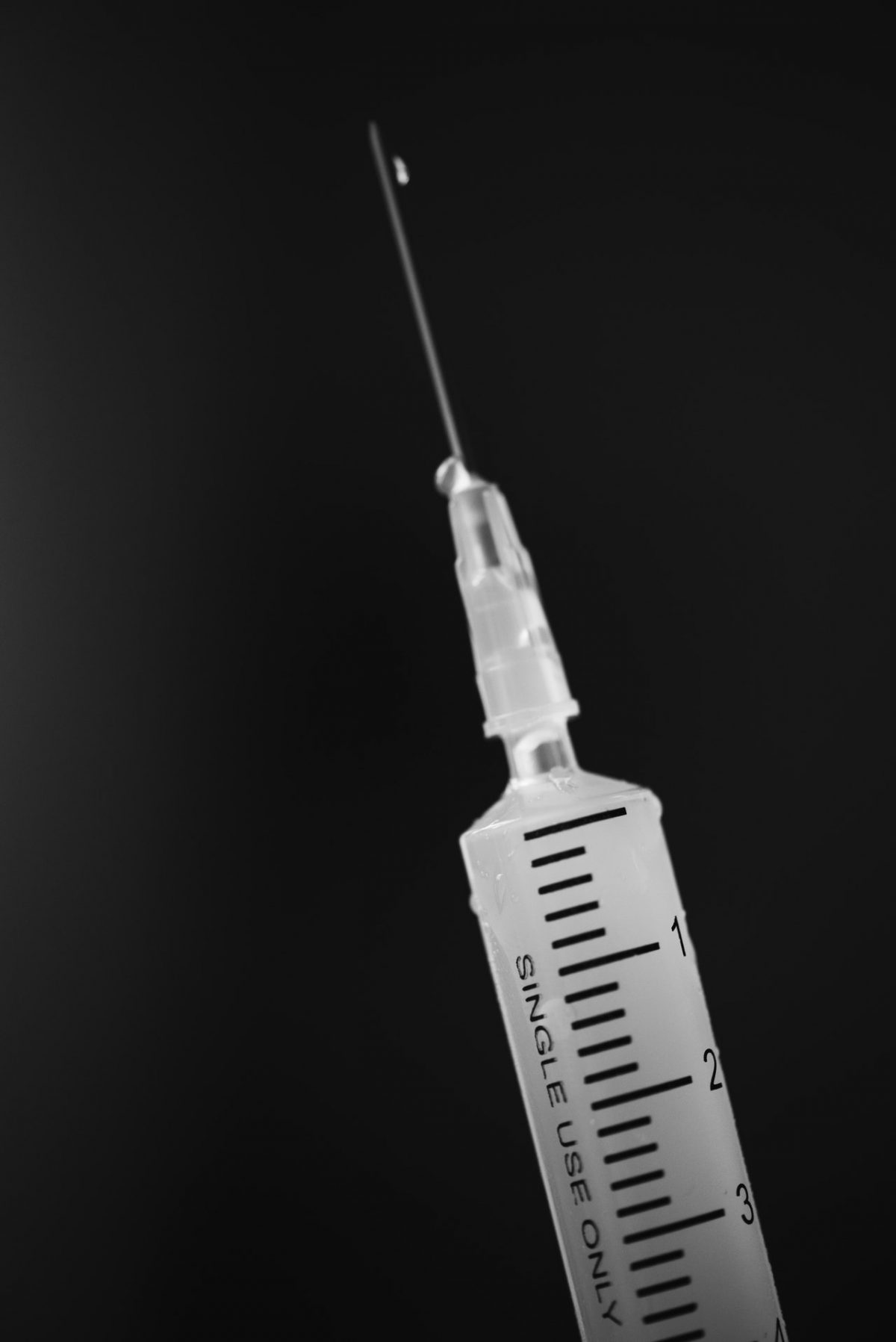These days I often find myself discussing with clients, how the current political or media ‘spins’ are affecting them emotionally. Coincidentally, the newest edition of “Psychology Today” has an excellent article about “Emotional Contagion” and how we influence each other as social beings.
Since much of our anxiety and depression stems neurologically from our Sympathetic Nervous System working overtime ‘looking for threat’, we can feel the pull of a society influenced by those threats being conveniently amplified through the social media. But interestingly, real-life contagion is stronger than online contagion, because bodily emotional expression- posture, gesture, etc- are instantly witnessed and experienced. In a review by Elaine Hatfield, professor of psychology at the University of Hawaii who wrote a book “Emotional Contagion”, she described that primitive emotional contagion is the way human interactions are built and the “intense negative emotions that are expressed more emphatically are more contagious”.
Since the media and politics seem to thrive on emotional ‘drama’, you can see how anxiety is so rampant. Small children expressing suicidal thoughts, overwrought teens and burnt out workers are all showing up in psychotherapy offices So it is very interesting to learn that Gary Slutkin (physician, epidemiologist and founder of the nonprofit “Cure Violence”), holds that the mechanisms of emotional contagion spread through a community because humans need to be safely part of a group.
First, he mentions the act of “copying or mimicry” that starts from birth when a baby and mother interact. Secondly, he describes the reward system of the brain, where Dopamine gets activated when those around you reward you for doing as they do. Thirdly, if you do not conform, you are ostracized and the brain’s pain centers activate instead. Finally, he states that contagion occurs when people have been exposed to trauma. Those with depression and anxiety are more prone to have a trauma history. The limbic system (think ‘fight or flight’ areas of the back brain) is already hyper-reactive and may be more likely to overreact. You may be less in control of anger and fear reactions.
The good news is that you can learn to’ inoculate’ yourself against situations and people that affect you. Raymond Tafrate, clinical psychologist and author of “Anger Management for Everyone”, mentions that learning some skills and becoming more mindful of how you are affected, is key. He suggests choosing the company you keep (staying around those whose interactions make you feel good about yourself) and if you are living with a ‘down’ person, engage with them and do things which will help lift their mood. Sometimes even synchronizing your breathing with the other and deliberately slowing your own breath down, can calm them ( yay for Somatic Psychology interventions!). Finally, if the interactions are just too toxic, avoid contact by limiting social interactions, or turning off the TV or negative social media.
I can help you identify when you have been ‘infected’ and guide how to develop better strategies for self-care.






Leave A Comment